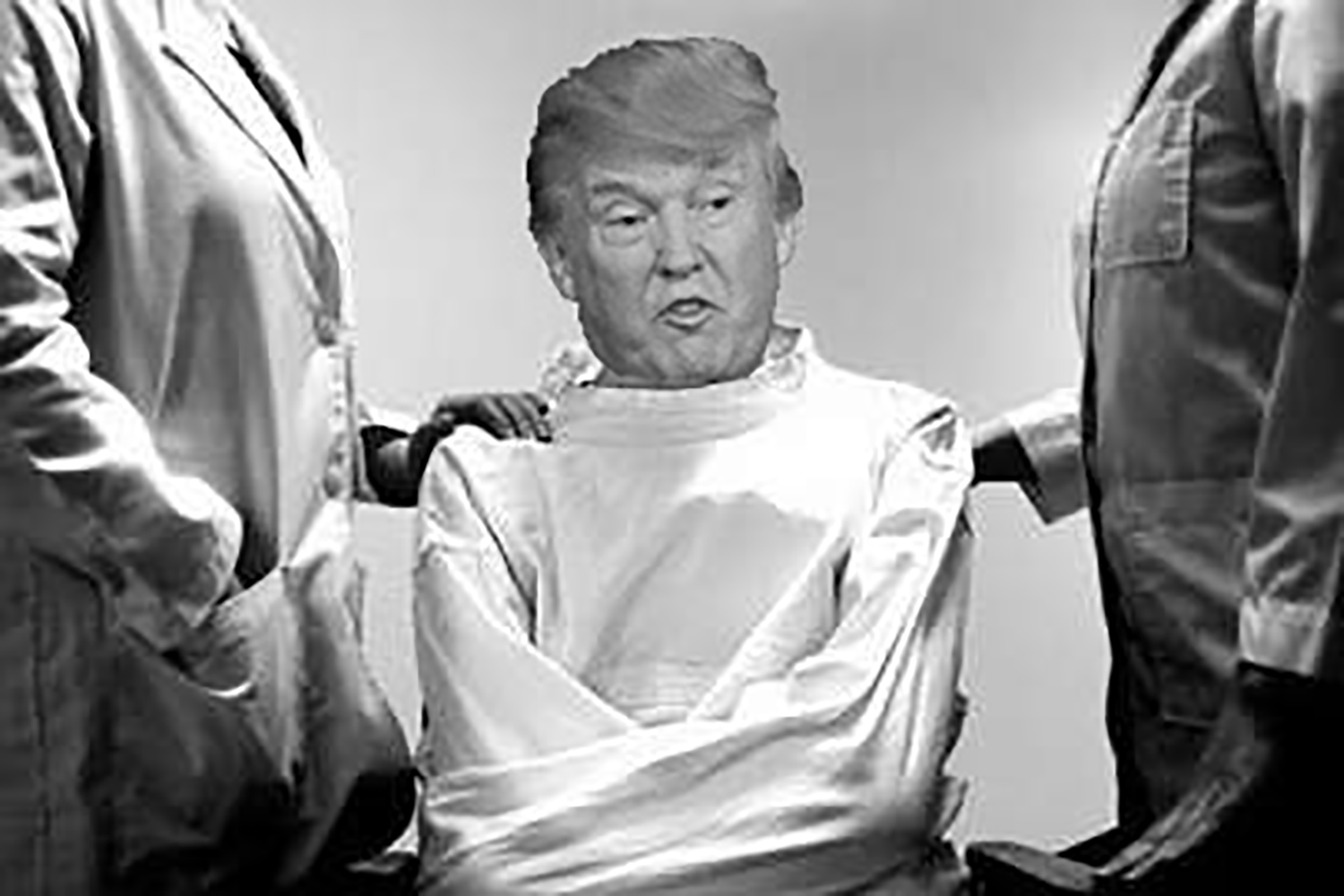The idea of forcing people to have psychological treatment for severe disorders has long been controversial. It seems to go against American ideals about “freedom.” After all, who has the right to tell a person that he or she is mentally unwell and must submit to treatment to “fix it?”
As it turns out, society has that right, if the person is a danger to self or others. From a greater good standpoint, this makes sense the way that sensible gun control legislation or Covid-19 restrictions make sense; it saves lives and helps people live better lives, for that matter (Should Mentally Ill People Be Forced Into Treatment? | Time).
The Time Magazine article by Haley Sweetland Edwards, in fact, delves more deeply into this topic. There are now programs in some locations such as New York City, called Assisted Outpatient Treatment, which require people with serious psychological disorders to have interventions in order to “stabilize” them. These programs have been highly effective. In fact, as it turns out, they save money – a lot of money. Savings in 3 different areas with such programs, were calculated to range between 47% and 58%, compared to the alternative of waiting for the situation to worsen until the person either was sent to a psychiatric hospital, or committed a crime. And that leads to the second benefit of such programs – a reduction in crime rates, meaning that it saves many people from becoming victims of crimes. Oftentimes, these potential victims are actually the psychologically disturbed persons themselves, but some of them may also commit crimes that could be prevented with intervention.
Unfortunately, these Assisted Outpatient Treatment programs have not really caught on in the United States as they should. The main reason for this is lack of political will, or the will to spend the initial cost of setting up these programs. Also, as stated in the beginning, most Americans are averse to the idea of involuntary psychological treatment, as well as fearing a “slipper slope” of mass institutionalization. However, this would never happen as long as the programs are properly and reasonably regulated. Only people who have verified, serious psychological problems would be subject to such treatment, and as already demonstrated, the programs more than pay for themselves.
Anyone who reads the title of this post, knows where it is headed. Donald Trump has consistently demonstrated a lack of being in touch with reality. Furthermore, he has also demonstrated a propensity to cause harm to other people through his narcissistic delusions. Therefore, I hereby submit that he should be subject to psychological treatment in an attempt to mitigate the harm that he is causing to people. He should be treated for malignant narcissism, and for harboring delusions of grandeur and infallibility much more characteristic of an egotistical adolescent, but far more dangerous.
Would involuntary treatment be likely to “cure” him? In a word, “no.” However, it might be enough to make him actually think about his actions and question their rationality, probably for the first time ever. It might manage to make Trump see himself in a somewhat more objective light, and consequently, he might soften his communication style to his cult of followers so that they won’t be so unreasonable. This could literally save many lives, as Trump virtually commands an army of rabid, often well-armed, followers whom he exhorts to extremes of behavior. Furthermore, it could help mitigate right-wing extremism and excessive right-wing partisanship in politics, in general.
Would there be backlash to such involuntary treatment? Obviously, “yes.” However, if Trump were to at least soften his positions, and start to show some sign of introspection, that would likely mitigate the backlash. If instead, it made him even crazier, the entire world would be able to see for themselves that he has gotten to the point of being out of touch with reality. I suspect that either way, sanity would win.
Are there followers of Trump who should also be subject to involuntary psychological treatment? Probably yes. However, the most important person to treat by far is Trump himself. The rest should hopefully follow from that. High profile examples would include for instance, perhaps Lin Wood or Sydney Powell, and perhaps a few congress people who are extreme Trump supporters. Hopefully, this wouldn’t be necessary, however. This is similar to the idea of defusing a cult by taking its leader out of commission. In fact, cult leaders are also people who should probably be subject to involuntary psychological treatment.
Doing that with Trump would be as good a place as any, to start.
Here’s your homework!

